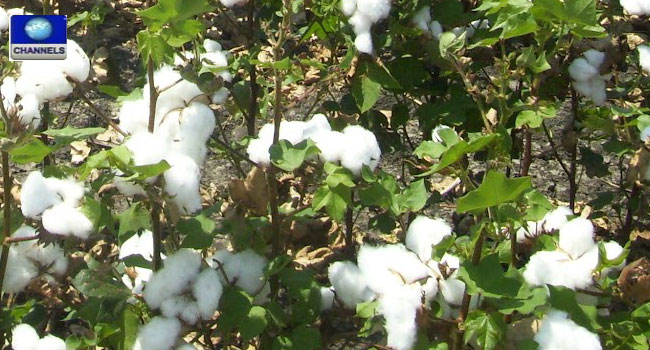
In Nigeria, however, there has been a sharp decrease in cotton farming, as statistics revealed that the contribution of the sector to the GDP fell from about 25% in 1980 to 5% in the most recent indicators.
According to some farmers, the sector is faced with challenges such as lack of improved cotton seeds, diseases and inconsistent policies by the government.
However, it appears to be a good harvest for them unlike before when harvest remained poor, following the inability of the farmers to access improved yields and non-mechanisation of farming techniques among others.
Figures from the National Bureau of Statistics and the Ministry of Agriculture and Rural Development showed that 18 states produce cotton on a total land area of 399.8 hectares in Nigeria.
The survey also disclosed that Zamfara State cultivated the largest land area with 92.6 hectares, followed by Katsina State with 75.9 hectares.
The least cultivated land areas are Ekiti and Ondo states with 0.07 hectares and 0.1 hectares respectively.
Way Out Of The Challenges
At a gathering in Abuja on Tuesday, a speaker, who is also a farmer’s son, Solomon Esu, said his father’s cotton production had dropped over the years owing to some challenges.
However, the Country Coordinator of the Open Forum on Agricultural Biotechnology, Dr Rose Gidado, and the Director General of the National Agency for Biotechnology Development, Professor Lucy Ogbadu, highlighted the way out of the challenges of the cotton and textile industry.
The experts recommended a total overhaul of the sector, stressing that it would provide jobs and the needed income for farmers, as well as contribute to the economic development of the nation.
The Federal Government, at different meetings, had promised to revive the industry through adequate funding.
The farmers described the effort as commendable while they expressed hope that it would result in improved yields and income for them.




